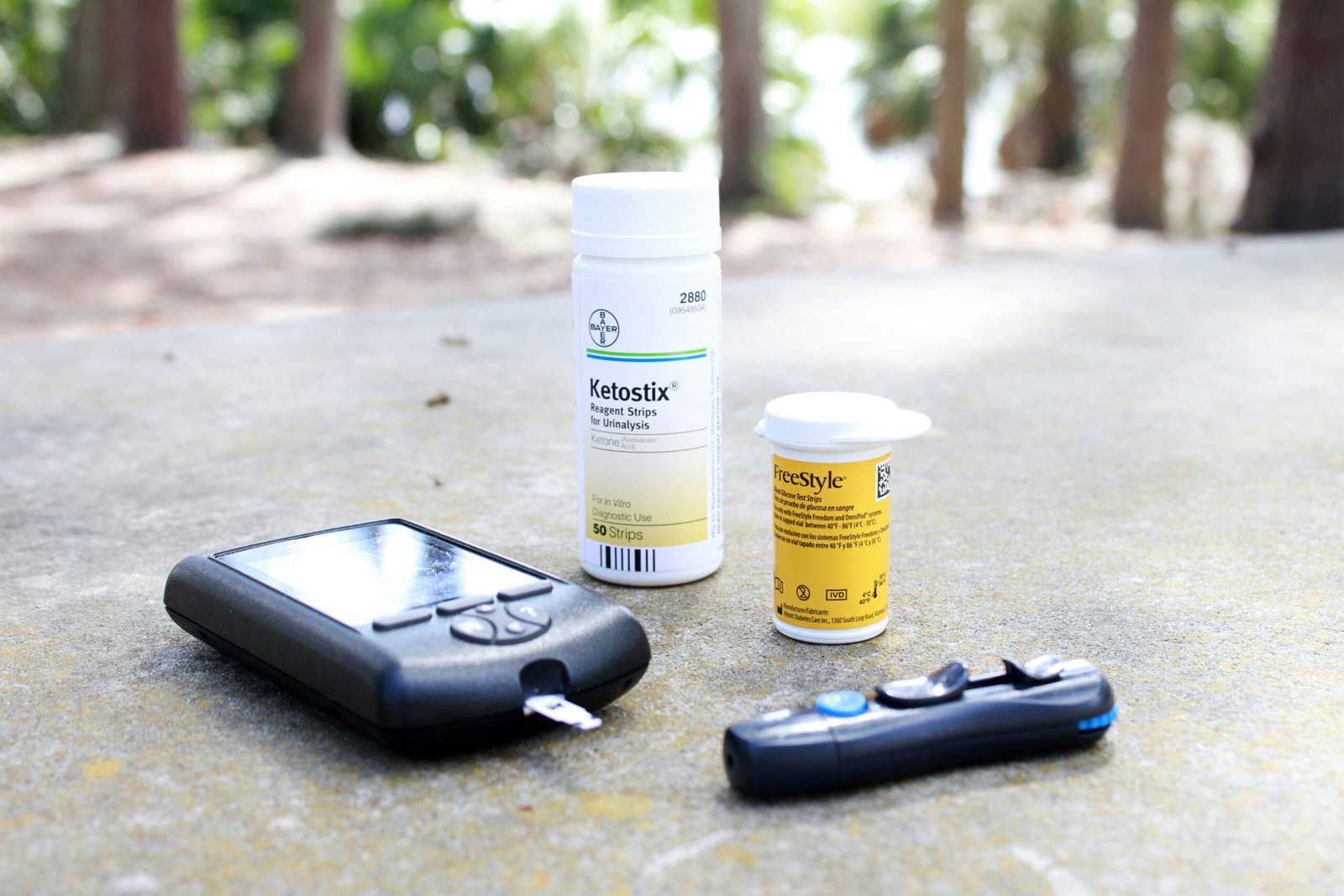
Understanding COPD: Symptoms, Causes, and Diagnosis
Chronic Obstructive Pulmonary Disease (COPD) is a progressive lung condition characterized by long-term respiratory symptoms and airflow limitation. It primarily manifests through symptoms such as chronic cough, shortness of breath, and frequent respiratory infections. These symptoms often worsen over time, significantly impacting the quality of life. Individuals with COPD may experience increased mucus production, wheezing, and fatigue, which can limit daily activities and necessitate medical intervention.
Several factors contribute to the development of COPD, with smoking being the most significant. Long-term exposure to tobacco smoke, whether through direct smoking or secondhand smoke, damages the lungs and airways, leading to COPD. Other environmental pollutants, such as occupational dust, chemicals, and air pollution, also play a crucial role. Additionally, genetic factors, such as Alpha-1 Antitrypsin Deficiency, can predispose individuals to COPD, even in the absence of smoking or environmental exposures.
The diagnosis of COPD involves a comprehensive evaluation of the individual’s medical history, including the assessment of symptoms and risk factors. Physicians perform a physical examination, listening for abnormal lung sounds that may indicate airflow obstruction. Pulmonary function tests, such as spirometry, are essential diagnostic tools that measure lung capacity and airflow. These tests help quantify the severity of COPD and monitor its progression over time. In some cases, imaging studies such as chest X-rays or CT scans may be required to rule out other conditions and assess lung damage.
Understanding the symptoms, causes, and diagnostic methods of COPD is crucial for early detection and effective management. Recognizing the signs and seeking timely medical attention can lead to interventions that slow disease progression, improve lung function, and enhance the overall quality of life for those living with COPD.
Lifestyle Changes to Manage COPD
Chronic Obstructive Pulmonary Disease (COPD) is a serious respiratory condition that requires comprehensive lifestyle adjustments to manage effectively. One of the most critical steps in managing COPD is quitting smoking. Smoking is the leading cause of COPD, and continued exposure to tobacco smoke exacerbates symptoms, leading to faster disease progression. Utilizing resources such as smoking cessation programs, nicotine replacement therapies, and support groups can significantly increase the chances of successfully quitting.
In addition to quitting smoking, it is essential to avoid other respiratory irritants. This includes minimizing exposure to secondhand smoke, industrial pollutants, and household chemicals. Simple changes like using air purifiers, ensuring proper ventilation, and opting for natural cleaning products can greatly reduce the presence of harmful irritants in the home environment.
Regular exercise plays a pivotal role in managing COPD symptoms. Tailored exercise routines focusing on aerobic activities, strength training, and breathing exercises can improve lung function, enhance overall physical fitness, and boost mental health. It is advisable for COPD patients to work with healthcare professionals to develop an exercise plan that suits their individual capabilities and limitations.
Dietary habits also significantly impact COPD management. A balanced diet rich in nutrient-dense foods can support lung health and overall well-being. Emphasizing the intake of fruits, vegetables, lean proteins, and whole grains can help maintain a healthy weight, reduce inflammation, and provide essential vitamins and minerals. Foods high in antioxidants, such as berries and leafy greens, can also support lung function and protect against further damage.
Incorporating these lifestyle changes can profoundly enhance the quality of life for individuals living with COPD. By quitting smoking, avoiding irritants, engaging in regular exercise, and adopting a nutrient-rich diet, COPD patients can effectively manage their symptoms and improve their overall health. These modifications, while sometimes challenging, are essential steps toward breathing easier and leading a healthier life.
Medical Treatments and Therapies for COPD
Chronic Obstructive Pulmonary Disease (COPD) is a progressive lung condition that requires comprehensive management strategies to improve quality of life. Medical treatments and therapies play a crucial role in managing symptoms and slowing disease progression. A cornerstone of COPD treatment is the use of medications, with bronchodilators being one of the most commonly prescribed. Bronchodilators help to relax the muscles around the airways, making it easier to breathe. They can be short-acting for quick relief or long-acting for sustained symptom control.
Corticosteroids are another essential medication for COPD patients. These anti-inflammatory drugs help reduce airway inflammation, thus decreasing the frequency and severity of exacerbations. They are often used in combination with bronchodilators to enhance therapeutic effectiveness. In cases of bacterial infections, antibiotics may be prescribed to combat these infections and prevent further lung damage.
Pulmonary rehabilitation programs are an integral part of COPD management. These programs combine education, exercise, and psychological support to help patients better understand their condition and improve their physical endurance. A typical pulmonary rehabilitation program will include supervised exercise sessions, nutritional advice, and counseling to address the emotional aspects of living with COPD. The goal is to enhance the patient’s overall well-being and ability to perform daily activities.
For patients with advanced COPD, more intensive treatments like oxygen therapy may be necessary. Oxygen therapy involves the use of supplemental oxygen to maintain adequate oxygen levels in the blood, which can alleviate symptoms like shortness of breath and improve sleep quality. In the most severe cases, surgical options such as lung volume reduction surgery or lung transplantation might be considered. These procedures are typically reserved for patients who do not respond to other treatments and face significant limitations in their daily lives due to COPD.
Through a combination of medications, pulmonary rehabilitation, and advanced therapies, COPD patients can achieve better symptom control and an improved quality of life. Properly managed medical treatments and therapies are vital in helping individuals with COPD breathe easier and live healthier lives.
Emotional and Mental Well-being with COPD
Living with Chronic Obstructive Pulmonary Disease (COPD) often brings about a range of emotional and mental challenges. Patients may experience anxiety and depression due to the chronic nature of the illness and its symptoms. These emotional difficulties can sometimes be as debilitating as the physical aspects of COPD.
It is crucial to acknowledge these emotional struggles and address them proactively. Building a strong support network, including family, friends, and healthcare professionals, can provide essential emotional backing. Engaging in open conversations about your feelings and experiences with trusted individuals can alleviate the sense of isolation often associated with COPD.
Stress management techniques also play a pivotal role in maintaining mental well-being. Practices such as mindfulness, meditation, and breathing exercises can help reduce anxiety and promote relaxation. Regular physical activity, tailored to your ability, can enhance mood and overall mental health. Even light exercises, such as walking or stretching, can make a significant difference.
Incorporating enjoyable activities into your routine can provide mental stimulation and emotional relief. Hobbies such as reading, gardening, or engaging in arts and crafts can offer a sense of accomplishment and joy. These activities can divert attention from symptoms and provide a much-needed mental break.
For additional support, consider seeking professional counseling. Mental health professionals can offer coping strategies and therapeutic interventions tailored to your needs. Joining COPD support groups, either in person or online, can connect you with others facing similar challenges. These groups can be a source of shared experiences, practical advice, and emotional comfort.
Overall, addressing the emotional and mental aspects of COPD is essential for holistic well-being. Through a combination of a strong support network, effective stress management techniques, and engaging in pleasurable activities, patients can enhance their quality of life and navigate the complexities of living with COPD more effectively.



